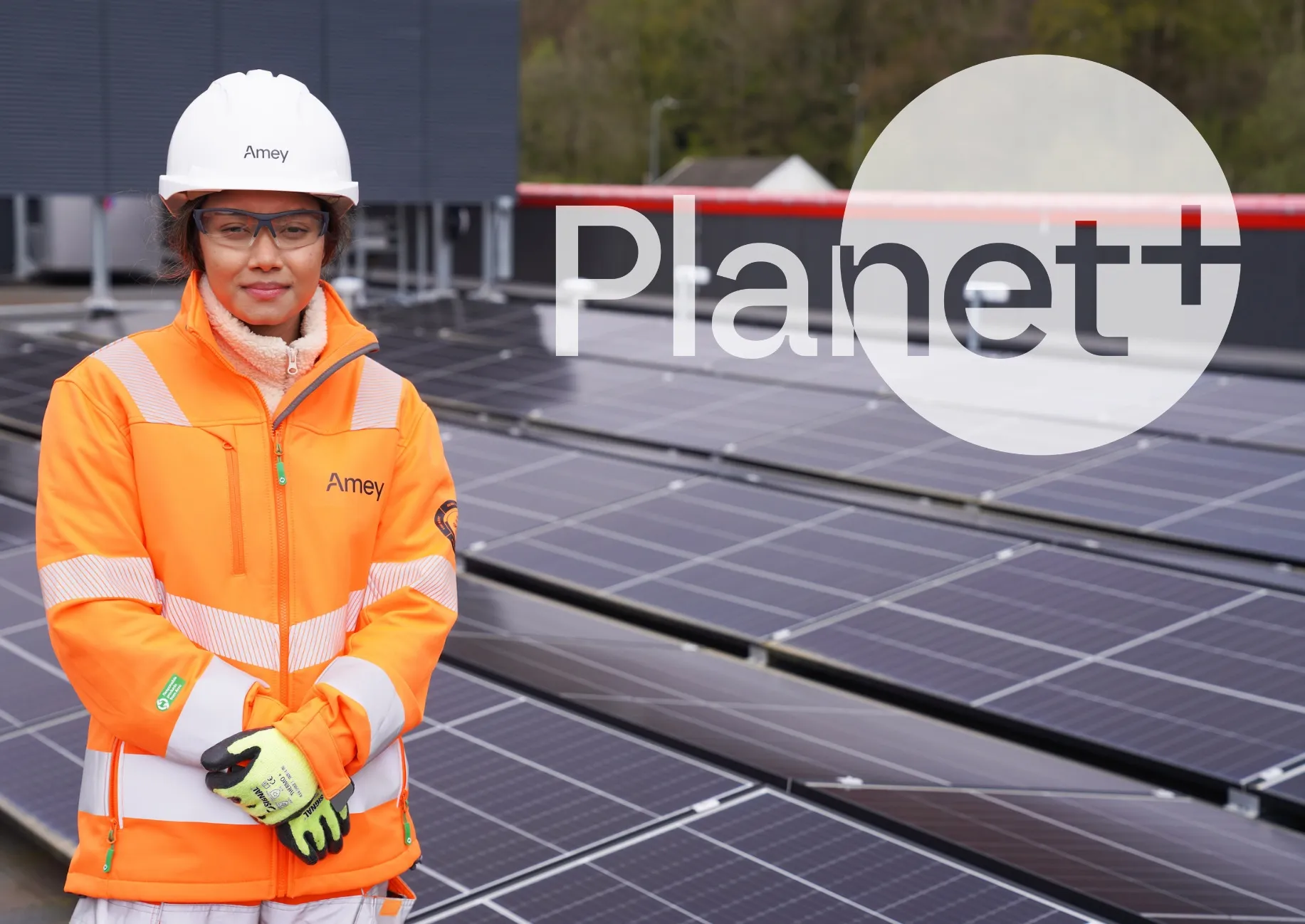
It builds on research such as the UK Government’s Behavioural Insights Team report on ‘How to build a Net Zero society’, showing that 90% of people want to make more sustainable choices, but many of the necessary behaviours can be inconvenient or not the default norm. Planet+ is a framework which will target barriers and increase environmental awareness so that greener behaviours are easier to achieve. It supports Amey’s mindset that every job is a ‘green job’ and everyone has a unique contribution to deliver sustainability, linked to their day to day roles.
The framework will ensure all employees at Amey understand the impact they can have on the environments they live and work in and empower them to make small changes that will enhance life and protect our shared future.
Amey’s CEO Andy Milner said: “We recognise that behaviour change is one of the biggest factors to achieving lasting and tangible results. That is why we are focusing on how every single employee can help us play a part. To continue the journey we are already on, we now have a clear roadmap for how we can all make a real difference.
Earlier this year, Amey also shared significant progress by moving from 5% to almost 80% Electric Vehicles in its company car fleet. This achievement forms a key action within its Roadmap to Net Zero and, as part of its wider ESG strategy.









